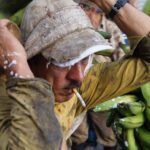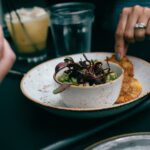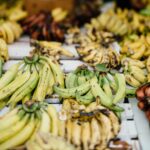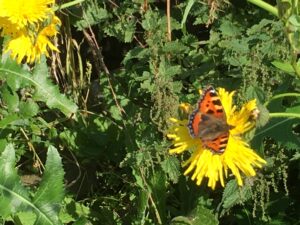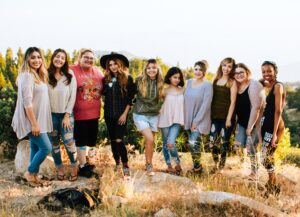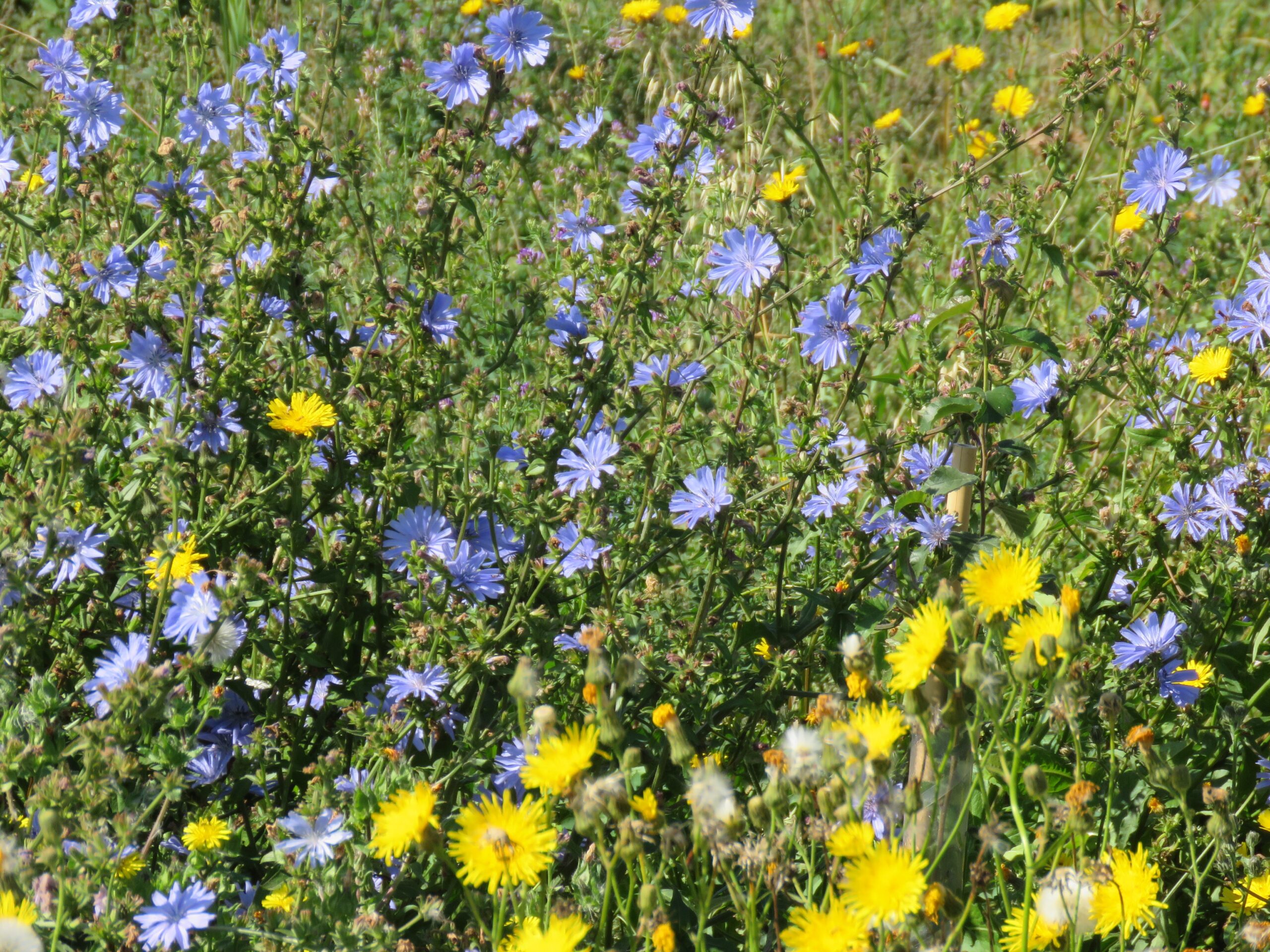Activity Eight
A Poem Celebrating ‘Unspeakable’ Appetites
This short poem by the late Canadian poet Gwendolyn MacEwen is included as an invocation to all that is life affirming in the exploration of appetite. It seemed fitting in a pandemic, and everything. I hope there’s something you connect with in her words. you
Are there any songs, poems, pictures that you have turned to for support over the last year?
Remember, the most important thing for the learning and healing that’s happening here is that you explore your feelings and beliefs. This means being able to engage, and this means pacing yourself. Don’t worry about doing everything that’s suggested, amount doesn’t matter. It’s more important that you can be present with whatever you do, even for a short time and even for a tiny amount.
Last question, what are you looking forward to? Have you got any treats planned? If not, now is a great time to put something in your diary!
See you soon ~


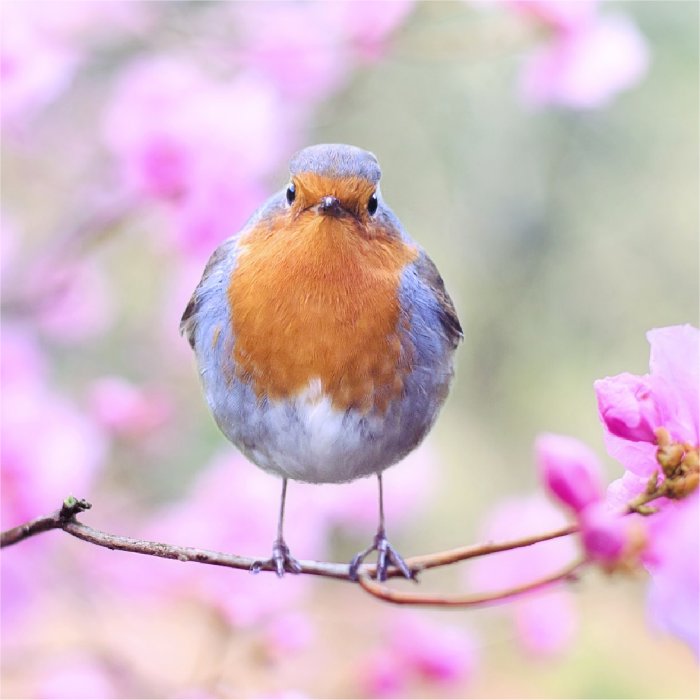
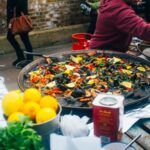 Activity Two
Activity Two